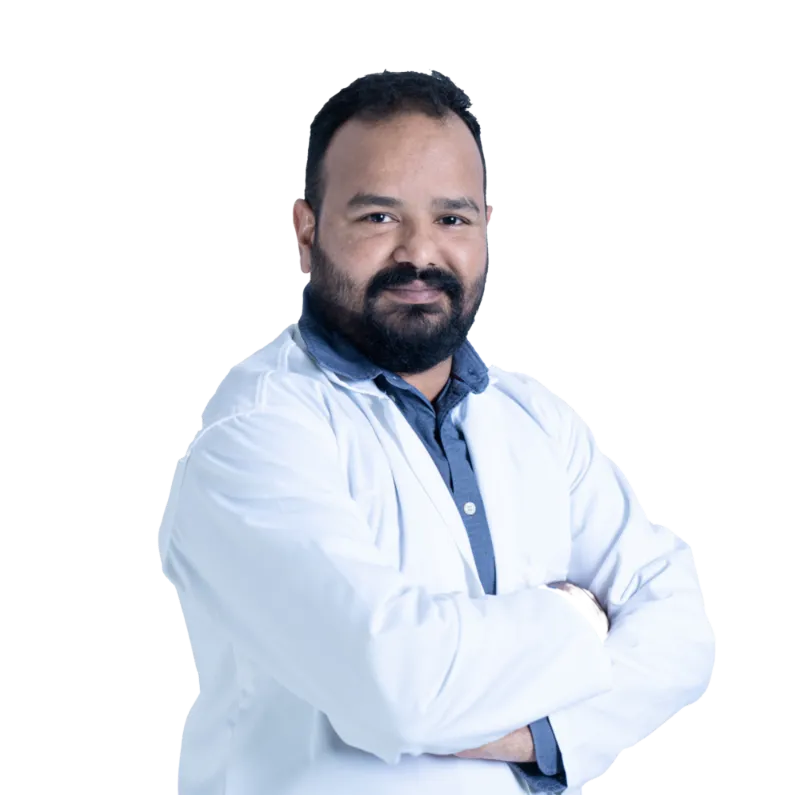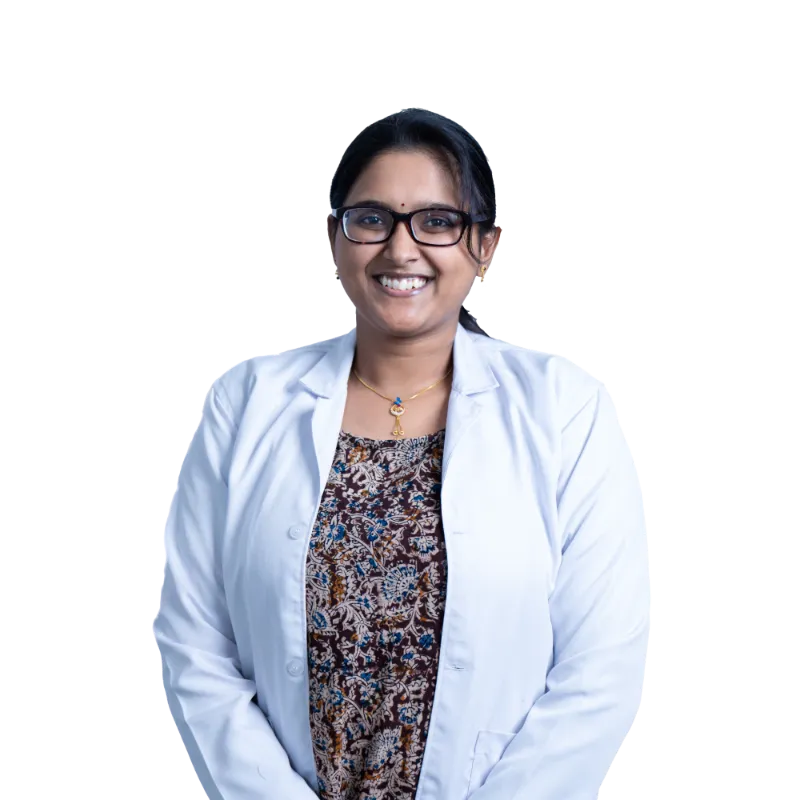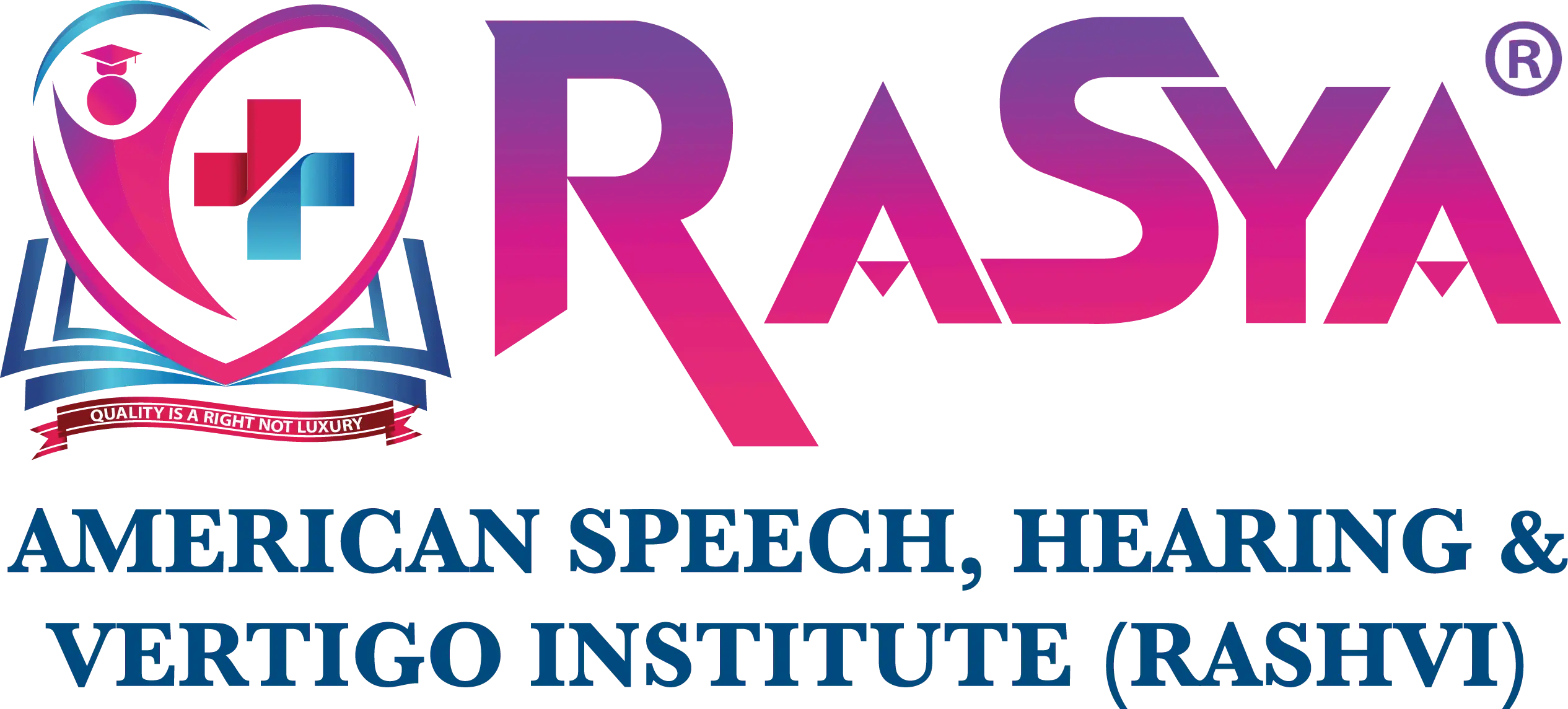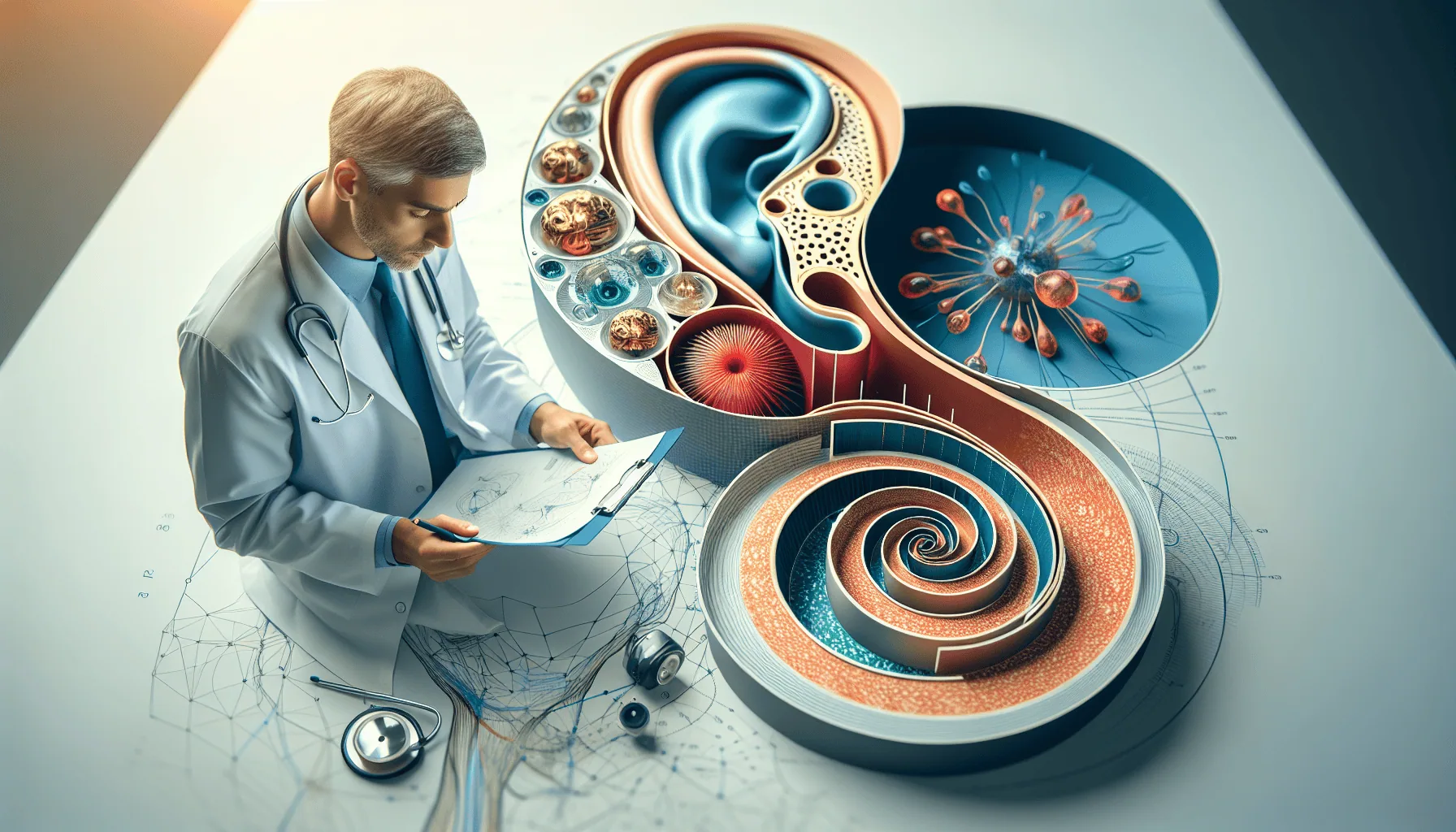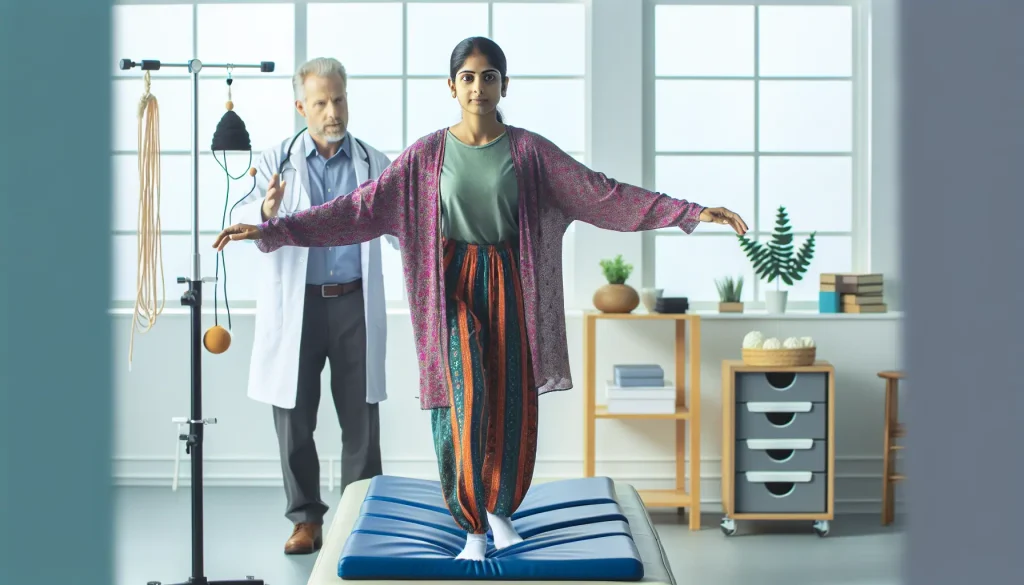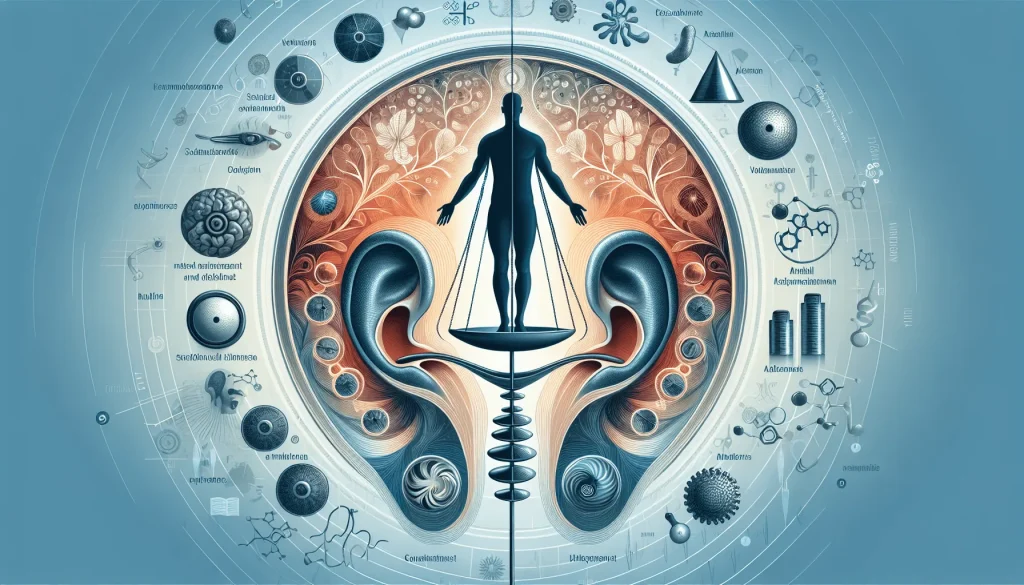Intermediate
Assessment of Vestibular System
This HYBRID Beginner level Vestibular Assessment course is suitable for Audiologists interested in specializing in…
₹30,000 exc. GST
Hands-on: July 6, 2025
5 in stock
COURSE DESCRIPTION
Assessment & Management of Vestibular System is a course that provides participants with an in-depth understanding of vestibular assessment and management of BPPV. This course is designed to provide participants with evidence-based treatment strategies to manage patients with vestibular disorders more efficiently and productively.
HYBRID MODE
This course is designed in HYBRID method with a combination of online and on-site sessions to accommodate all practicing Audiologists and students to learn at home self paced and to reduce the burden of higher expenses without compromising the quality of education.
Part I – Online session
-
This session covers the theoretical aspect of the course.
-
Self-paced online and no weekly deadlines to truly learn at your own pace.
-
First Module on Anatomy & physiology will be available before hands-on and remaining modules on assessment will be made available after hands-on for better correlation of learned hands-on to theoretical diagnostic information.
Part II – onsite hands-on session
-
This on-site session is live hands-on.
-
Total of 3 days with true hands-on experience with group practice and the possibility of observing patients. *
This course has two parts.
Part – 1: Online Sessions
MODULE 1: Basic Science/Anatomy and Physiology of the Human Balance System
Anatomy and physiology of Vestibular System.
-
Peripheral Vestibular System
-
Central Vestibular System
Anatomy and physiology of oculomotor system. Reflex systems and its coordination with balance.
-
Vestibulo-Ocular Reflex (VOR)
-
Vestibulo-Collic Reflex (VCR)
-
Vestibulo-Spinal Reflex (VSR)
MODULE 2: Clinical Evaluation of Vestibular Function & Assessment Protocols
Case History & relevant questionnaires.
Bedside / Subjective Evaluation.
Diagnostic clinical evaluation:
Overview and Principle,
Clinical Considerations,
Test Protocols,
Analyses,
Interpretations &
Clinical Application
-
Subjective Assessment
-
Videonystagmography (VNG)
-
Caloric Testing
MODULE 3: Common Vestibular & Balance Disorders: Differential Diagnosis
-
BPPV Vestibular Neuritis
-
Labyrinthitis
-
Vestibular Migraine/ Migraine Associated Vertigo
-
Meniere’s Disease / Endolymphatic Hydrops
-
Perilymphatic Fistulas
-
Superior Semi-circular Canal Dehiscence
-
Acoustic Neuroma/ Vestibular Schwannoma
-
Vestibular Paroxysmia
-
Age-Related Vestibular Disorders
-
PPPD
-
Others
MODULE 4: Vestibular Rehabilitation, BPPV management & Patient Resources
Canalith Repositioning Procedure/ Treatment.
-
Posterior Canal
-
Horizontal Canal
-
Anterior Canal
Patient Resources & Referral.
PART 2: 3 days onsite hands-on training
Download course syllabus for complete hands-on training schedule
COURSE OBJECTIVES
- Obtain a thorough understanding of the essential anatomy and physiology of the human balance system, focusing on both the peripheral and central vestibular systems and their interaction with the oculomotor system.
- Master evidence-based strategies and protocols for evaluating patients with balance disorders, including the collection of detailed case histories and the implementation of subjective and objective evaluation techniques.
- Gain insight into the clinical balance evaluation process from the perspective of a vestibular audiologist and develop proficiency in performing subjective assessments and interpreting diagnostic tests like Videonystagmography (VNG) and Caloric Testing.
- Implement the most effective and sensitive clinical evaluation protocols to accurately identify candidates for treatment, ensuring precise assessment and management.
- Recognize and distinguish among common disorders affecting vestibular and balance function.
- Enhance skills in differential diagnosis and interpretation of vestibular test results, with an emphasis on comprehensive documentation and effective report writing.
- Strengthen theoretical knowledge and practical abilities through hands-on training sessions and case presentation discussions.
-
Students – M. Sc. Audiology or M. Sc. ASLP.
-
Practicing Audiologists with a minimum of bachelor’s degree in Audiology looking to specialize in vestibular sciences.
-
Private practice audiology owners looking to introduce vestibular services in their clinics or hospitals.
Faculty
Our faculty comprises internationally recognized vestibular specialists and professors who are approachable and provide engaging, practical examples.
